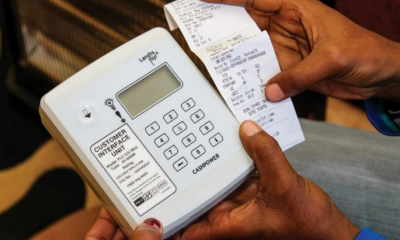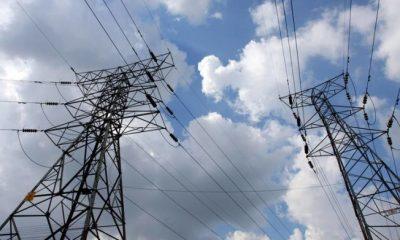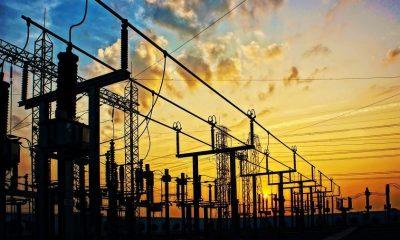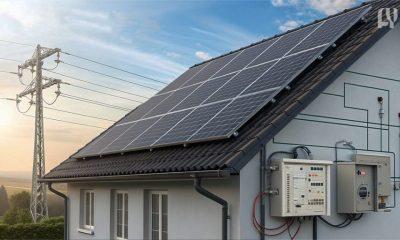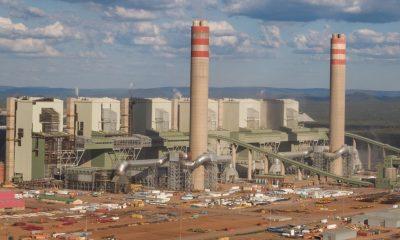411
Eskom’s Rooftop Solar Crackdown: What South Africans Need to Know
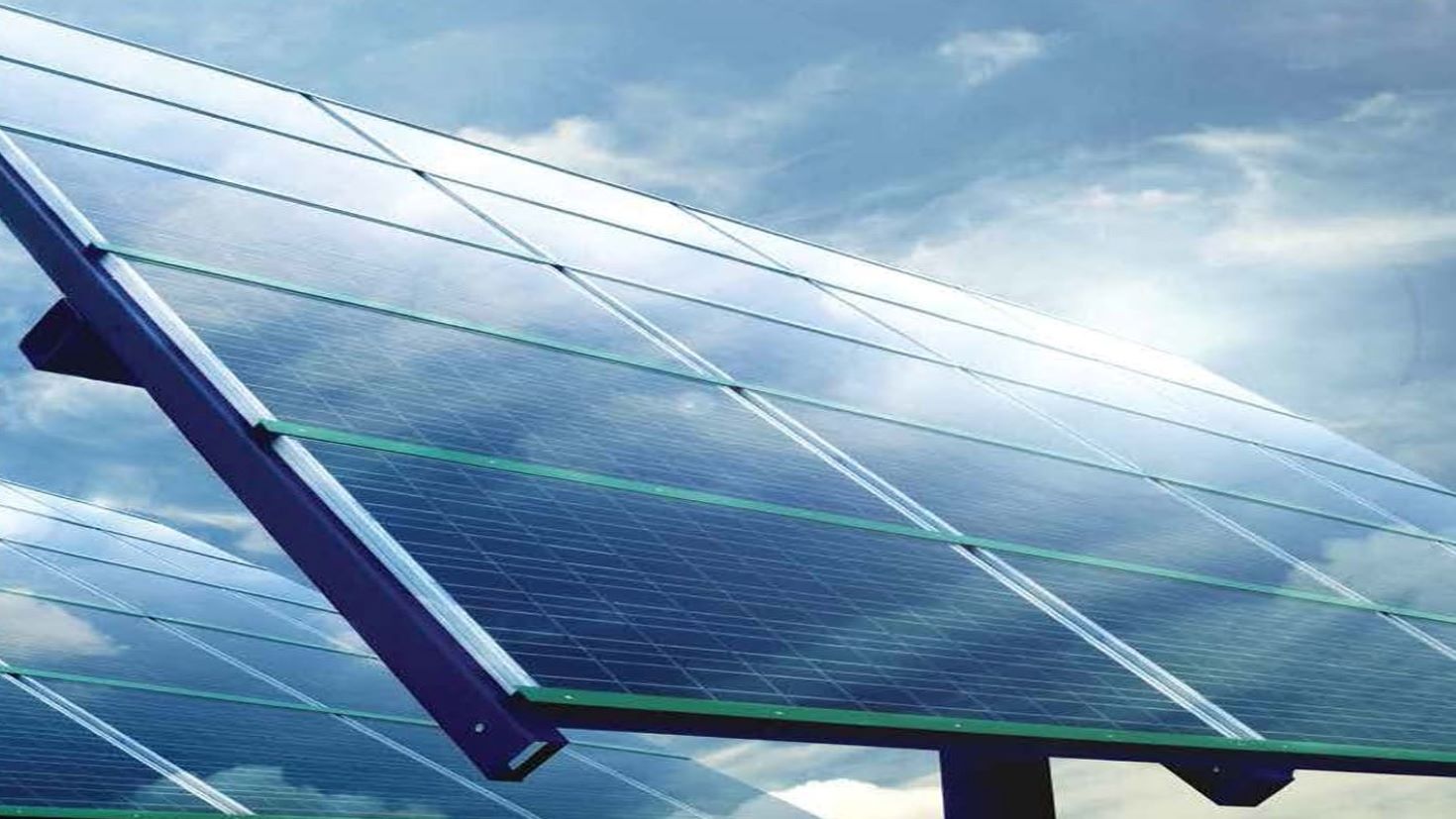
South Africans with rooftop solar—whether grid-tied or off-grid—are being warned to register their systems with Eskom by March 2026 to avoid hefty fees and penalties.
Even households that are completely off-grid must provide proof to Eskom that they operate independently, according to the power utility.
Why Eskom Wants Solar Systems Registered
Eskom has been working since 2020 to register and integrate Small-Scale Embedded Generators (SSEG) into the national grid. This move, according to the utility, is about ensuring grid stability and safety for its personnel working on power lines.
The company argues that unregistered solar systems, even those that don’t push power back into the grid, can impact the network. To enforce compliance, Eskom has been:
- Including registration information on electricity bills since May 2021
- Holding provincial campaigns and media drives in 2023
- Engaging with solar industry bodies to spread awareness
Despite these efforts, many South Africans remain unaware of the requirements, leading to growing frustration among solar users.
Who Needs to Register?
Eskom has made it clear that all SSEG installations that operate alongside Eskom’s supply must be registered—even if they do not export power back into the grid.
This includes:
Grid-tied rooftop solar systems that use Eskom’s power supply
Hybrid systems that rely partially on Eskom
Backup generators connected to the grid
However, completely independent off-grid systems do not need to register—but owners must submit proof of their independence.
How Much Does Registration Cost?
Many solar users have raised concerns about the high costs of compliance. Reports suggest that becoming fully registered can cost anywhere from R27,000 to R50,000 or more.
To ease the financial burden, Eskom has introduced a temporary fee exemption:
Households with SSEG installations up to 50kW can register without paying application, tariff conversion, or connection fees until March 2026.
After this deadline, standard registration costs will apply.
What Happens If You Don’t Register?
Eskom has warned that households who fail to comply could face financial penalties.
Fine of R6,052 for failing to register by March 2026
Full registration fees will apply after the exemption period
Potential disconnection from the grid for non-compliant systems
What Should Solar Users Do Now?
Check if your system requires registration (grid-tied or hybrid setups must register).
Submit your registration before March 2026 to avoid future fees.
If you’re off-grid, provide proof to Eskom to avoid unnecessary complications.
Municipal customers should contact their local electricity provider for registration details.
Eskom’s push to regulate rooftop solar has sparked controversy, with critics arguing that the utility is unfairly penalizing solar users. However, Eskom insists that compliance is essential for grid safety and long-term energy stability.
With the March 2026 deadline approaching, South Africans with solar power must act now to avoid unexpected penalties and costs.
Follow Joburg ETC on Facebook, Twitter , TikTok and Instagram
For more News in Johannesburg, visit joburgetc.com

